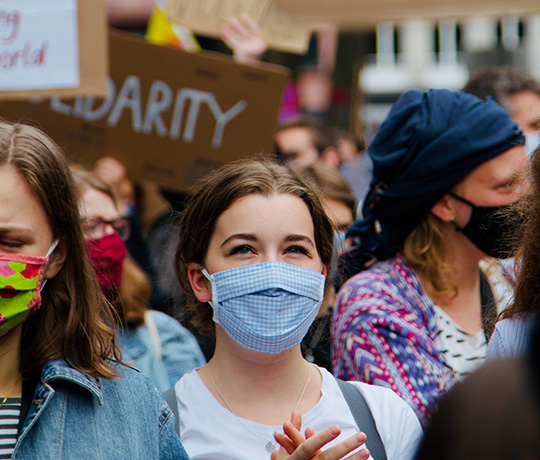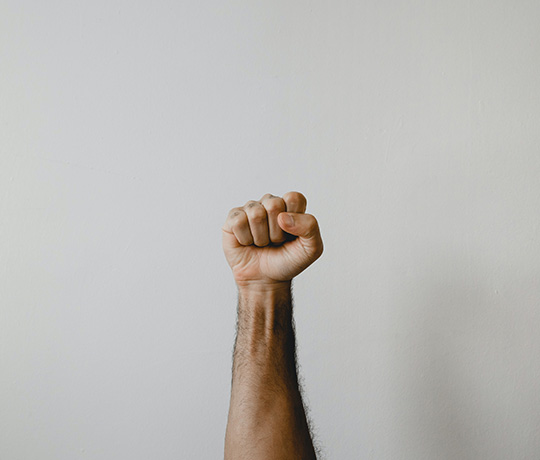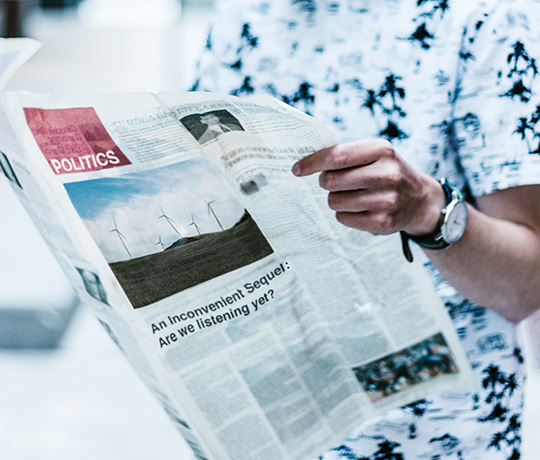Freedom of Speech varies from country to country. But how does the level of ‘freedom’ in Australia compare with that in China, India and the rest of Asia?

Australia is considered to have a high level of “freedom of speech” by international standards and as a country, has signed several international treaties and agreements which give its people the right to freedom of opinion and expression. However “freedom of speech” is not actually protected by any specific law or part of the Australian Constitution, but political speech is protected from criminal prosecution.
There are also several limitations on “freedom of speech” in Australia. Racial discrimination and hate speech is not allowed, and national security and “commercial-in-confidence” needs are recognised.
What is “Freedom of Speech”?
Freedom of Speech is the right of a person or a community to publicly express their opinions and ideas without being censored, prosecuted or retaliated against.
Freedom of speech – sometimes known as “freedom of expression” – is considered to be a basic human right and an essential part of a free and democratic society and necessary for protection of human rights.
The United Nations “Universal Declaration of Human Rights” was adopted in 1948 and signed by Australia. It states that “Everyone has the right to freedom of opinion and expression; this right includes freedom to hold opinions without interference and to seek, receive and impart information and ideas through any media and regardless of frontiers”.
It is considered essential to the process of bringing about change in society. Nowadays, there are many examples of this. Not only through protest marches, rallies and media campaigns, but also through widespread publishing and re-publishing of opinions in digital media and social media.

Restrictions in Australia
The UN International Covenant on Civil and Political Rights also says these rights carry with them special duties and responsibilities. And there may be certain restrictions necessary for respect of the rights or reputations of others and for the protection of national security, public order or public health or morals. National laws regarding these matters differ of course from country to country.
Some digital media organisations are now beginning to remove from their platform articles which incite violence, hate, or even make totally false accusations against people, as well as false information and propaganda being distributed by governments or government agencies.
While social media now gives people in Australia and other countries with a high level of “freedom of speech” i.e. the ability to state and rapidly spread political and social opinions, these digital and social media organisations and users, and what they say and publish, are also now covered by various restrictions on what can be expressed and spread publicly.
These restrictions to freedom of speech in Australia include:
- defamation and libel and slander
- obscenities;
- inciting violence or hate;
- racial discrimination;
- treason or sedition against governments;
- breaches of national security or copyright or commercial information;
- certain government secrets.
The Racial Discrimination Act 1975
In particular, The Racial Discrimination Act 1975 in Australia makes it illegal to do anything “reasonably likely to offend, insult, humiliate or intimidate another person or group if the act is done because of the race, colour or national or ethnic origin of the person or group”.
This law is considered to be there to protect human rights and prevent discrimination.
Under another law, people are not allowed to urge the overthrow of governments or the constitution by violence, and are not allowed to send by telecommunications any statements which are “intentionally menacing, harassing or offensive”. So although we do have freedom of speech in Australia, it is somewhat controlled by the laws we have in place.

Freedom of speech in The People’s Republic of China
While the Constitution of the PRC (People’s Republic of China) states that citizens have “freedom of speech, of the press, of assembly, of association, of procession and of demonstration”, there are various government laws and actions which make the situation different to that in Australia. For example:
- Some social media and networking sites, such as Twitter, Facebook and Snapchat, are banned and books and foreign films are subject to active censorship.
- Use of the search engine Google is limited.
- There are broad restrictions on the use of the Internet by citizens. References to various phrases (such as “liberal democracy”), places (Republic of China – Taiwan), events, movements, certain religious organisations and anything questioning the legitimacy of the Communist Party of China are banned from use in public and blocked on the Internet.
- There is a higher degree of censorship in China than in Australia, with the jailing of various journalists and bloggers taking place.
- There is a lot of government involvement, ownership and management in the media. So there are various limits and restrictions on what appears in the news, for example.
- There are often public protests in China, including about freedom of speech, but also the jailing of activists.
Freedom of Speech in India
The Indian Constitution guarantees freedom of speech to every citizen, but also contains specific restrictions. In India, citizens are officially considered free to criticise governments and government policies, and politicians. But there are restrictions to “freedom to speech” relating to such subjects as national security, foreign relations, public order, morality and defamation, sedition, incitement and “the integrity of India”.
There is also a law against any speech or expression which “brings contempt towards government”, and offenders against this face jail.
The International “Human Rights Watch” organisation reports that nowadays, marginalized communities, critics of the government, and religious minorities, particularly Muslims, are under increasing pressure in regard to freedom of speech and human rights. In 2019, the Indian government, after it revoked the constitutional autonomy of India’s only Muslim-majority state Jammu and Kashmir, detained activists and restricted internet access and telecommunications in Jammu and Kashmir. Activists, journalists, and other peaceful critics of the Government can be arrested under counterterrorism and sedition laws.

Freedom of Speech in Nepal
The Constitution of Nepal guarantees the right of every citizen of Nepal to freedom of opinion and expression. However, there are various laws in Nepal which prohibit publication or display of material of various kinds, including material considered by authorities to be against public morals or decency, or which spread hate, or damage relations between peoples of various castes, tribes and communities.
The international “Human Rights Watch” organisation says that new media and communication laws would reduce people’s right to free speech. And has also said government authorities should stop prosecuting journalists and social media users for peaceful online comments and opinion. The government says such laws are necessary to improve media reporting and discourage disinformation.
Freedom of Speech for Foreign Students in Australia
Foreign students in Australia have “freedom of speech” in accordance with Australian laws. You can publish personal opinions and express their views, and are allowed to be politically active and involved in social issues. But this should be done within the law, and without breaching the limitations described above.












